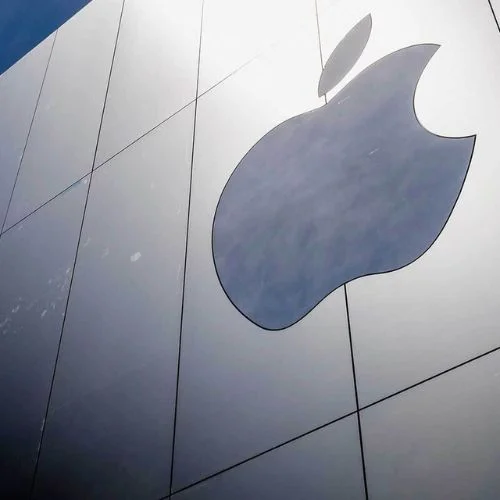The meeting with its rate-setting panel could be held to discuss RBI’s reply to the government, explaining the reasons for its failure to contain inflation up to 6%.
An additional meeting of the Reserve Bank of India’s Monetary Policy Committee has been scheduled for 3 November. The meeting with its rate-setting panel could be held to discuss RBI’s reply to the Indian Government, explaining the reasons for its failure to contain inflation up to 6%.
“Under the provisions of Section 45ZN of the Reserve Bank of India’s (RBI) Act 1934, read along with the Gazette notifications S.O.2215(E) dated June 27, 2016, and S.O.1422(E) dated March 31, 2021, and the Regulation 7 of the RBI Monetary Policy Committee (MPC) and Monetary Policy Process Regulation, 2016, an additional meeting of the MPC is being scheduled on November 3, 2022,” the RBI said.
The RB’s rate-setting panel last met on 28 – 30 September 2022 and was slated to meet for the last time this calendar year on 5 – 7 December. The MPC had on 30 September 2022, increased the policy repo rate by 50 basis points (bps) to 5.9% making loans expensive.
The central bank governor while explaining the rationale behind the rate hike said the MPC was of the view that the persistence of high inflation necessitates further calibrated withdrawal of monetary accommodation to restrain the broadening of price pressures, anchor inflation expectations and contain the second-round effects.
Shashanka Bhide, an external member of the Reserve Bank of India’s monetary policy committee, earlier said that the RBI must stay focused on moderating components of inflation that are not directly influenced by food or fuel, and work on dampening overall price expectations. “As far as monetary policy is concerned, moderation in the core inflation should be the priority,” Bhide said. “It is important that the inflation expectations are anchored closer to the policy target.”
“The food and fuel inflation is driven by the supply conditions and inelastic demand,” Bhide said. “They may be more responsive to other policy measures. But it is also necessary to weaken their impact on the price conditions in the other sectors.”
He said the September headline inflation print of 7.4%, a five-month high, wasn’t “entirely a surprise,” adding that price gains should slow to less than 6% by end of March.
The six-member MPC “should be looking at positive real rates over the medium term” but policymakers also “need to be cognizant of the growth trends,” said Shashanka Bhide. Unlike his colleague in the panel Jayanth Rama Varma, who favored the peak interest rate to be around 6%, Bhide didn’t want to be specific about his terminal rate expectation.















